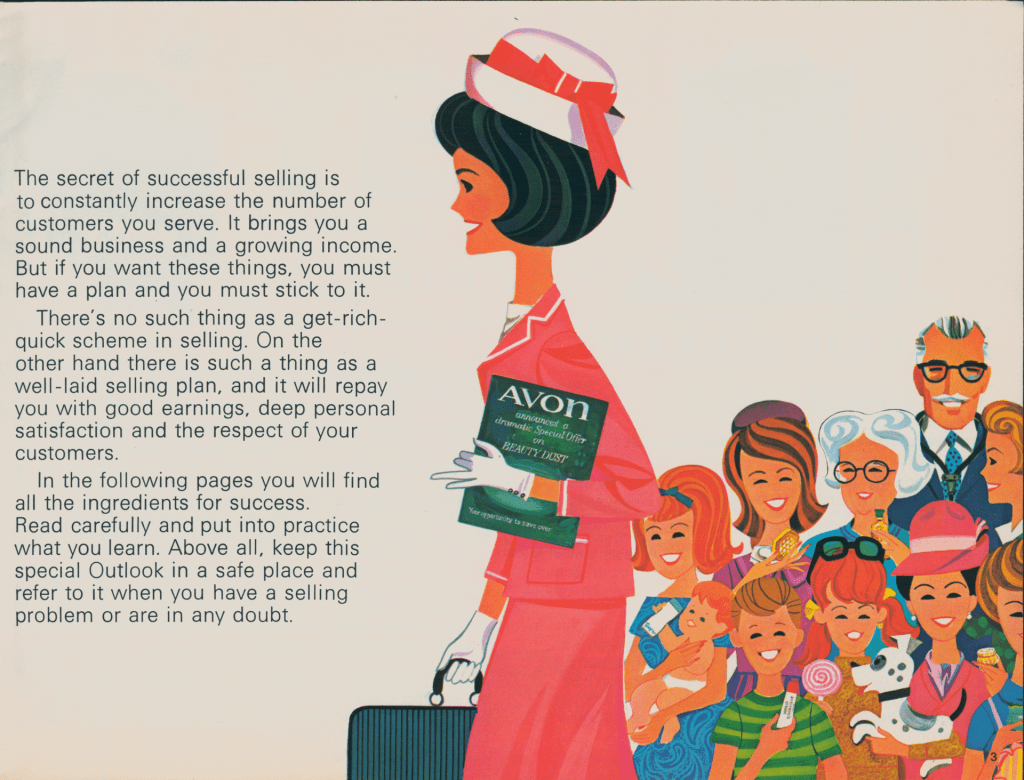By Jenny Hutton, PhD History candidate, School of Humanities
Our series spotlighting PGR summer internship projects returns, as PhD History candidate Jenny Hutton tells us about working with Dr Stephen Mawdsley to examine the history of aircraft cabin air contamination. Since the 1950s, cabin air contamination has emerged as a serious concern for aircrew and passengers, as well as for manufacturers, airlines and policymakers. Their research is an important intervention on a subject with global reach.
This summer, over the course of eight weeks, I conducted a series of oral history interviews with pilots and flight attendants from around the world, who believe they were affected by toxic cabin air in commercial aircraft. The interviewees explained that exposure to fume events was harmful to their health and that the issue has a long history. Indeed, fume events are a phenomenon that date back to the 1950s when aircraft designers opted to draw breathable air for the cockpit and passenger cabin using “bleed air” from the engines, which can occasionally become contaminated by ultrafine particles, such as burnt lubricants containing toxic chemicals. These interviews contributed to the ongoing research of historian Dr Stephen Mawdsley:
“From my investigations on the subject, it is clear that the risks posed by fume events have concerned aircraft manufacturers, airlines, regulators, policymakers, aircrew, and their unions for decades, but there has not been a resolution to the issue. After reading the interview transcripts prepared by Jenny, I better appreciate the difficult and complex journeys experienced by pilots and flight attendants. There is so much to this story.”
I came to the internship with a strong interest in issues of disability, health, and air quality in manufactured environments. My PhD dissertation concerns the history of retrolental fibroplasia (RLF), a form of infant blindness caused by overexposure to oxygen in incubators from the 1940s to 60s. Like infant incubators, cabin air on commercial aircraft is an engineered environment. My PhD research therefore equipped me to appreciate the amazing design and engineering accomplishment involved with creating a safe and hospitable environment at 40,000 feet.

I prepared for the interviews by refining my oral history skills through a series of topical readings recommended by Dr Mawdsley, as well as acquainting myself with a growing body of scientific research on fume events. Although I am familiar with topics on the history of medicine and health, this was a new research area for me. There was a lot of information to digest on aircraft design, epidemiology, and toxicology, as well as the nature of commercial aviation. These important preparations meant that I felt ready to interview aircrew and gain insights into their professional and personal experiences with fume events.
Beyond preparations, I learned the most during my conversations with aircrew. I found that the level of detailed research that these people had undertaken into aircraft design and maintenance, the health risks associated with fume event exposure, and knowledge of scientific discoveries relating to this issue was incredible. In fact, I learned that many had ultimately become self-taught lay experts on the subject to better understand what had happened to them and to be able to advocate for themselves.
‘I found that the level of detailed research that these people had undertaken into aircraft design and maintenance, the health risks associated with fume event exposure, and knowledge of scientific discoveries relating to this issue was incredible.‘
The project is significant because fume events remain an ongoing issue in global commercial aviation. There are important regulatory implications since airlines, manufacturers and regulators are working to gather more data to better understand the issue. Moreover, this project speaks to health policy debates because pilots and flight attendants are working with physicians and toxicologists to better understand the nature and composition of fume events and their potential effect on the human body.
I am delighted that my oral history interviews have advanced Dr Mawdsley’s research. He has already published a peer reviewed research article on the topic and is building up a large collaborative research project with international stakeholders to investigate the origins, evolution, and debates surrounding the issue. He is also working with leading epidemiologist and preventative medicine physician, Prof Bruce Lanphear, who was a recent Bristol Benjamin Meaker Distinguished Visiting Professor. I am grateful for this opportunity to advance academic research at Bristol and to gain additional skills.
Jenny Hutton is a PhD History candidate with research interests in the social history of medicine and patient experiences, particularly in the UK and US. To find out more about the project with Dr Stephen Mawdsley, please contact jh15259@bristol.ac.uk. To read more PGR summer internship projects, visit ArtsMatter.

























